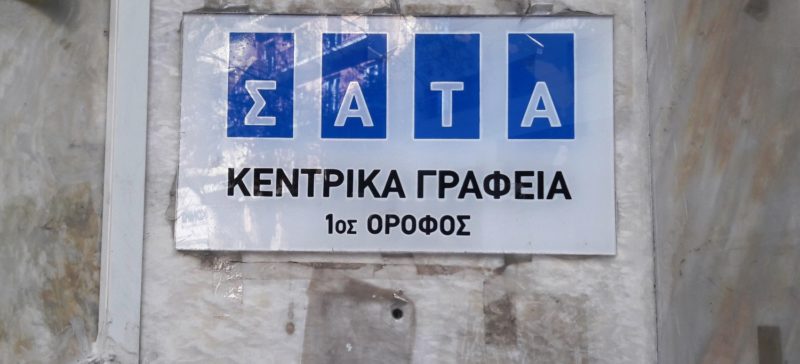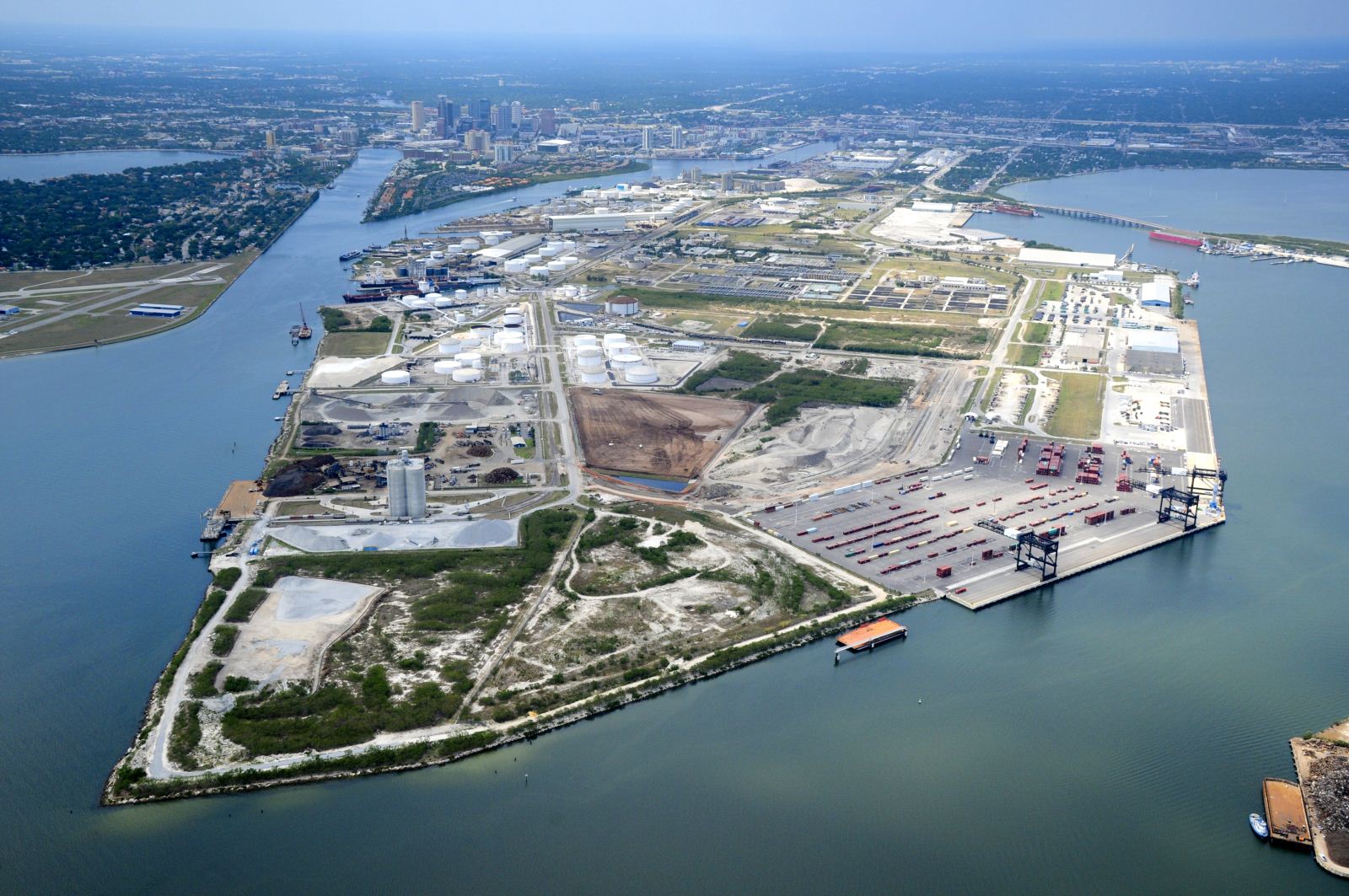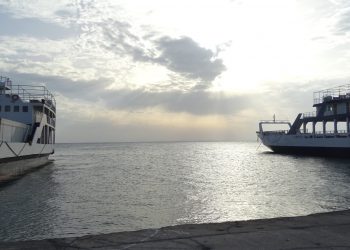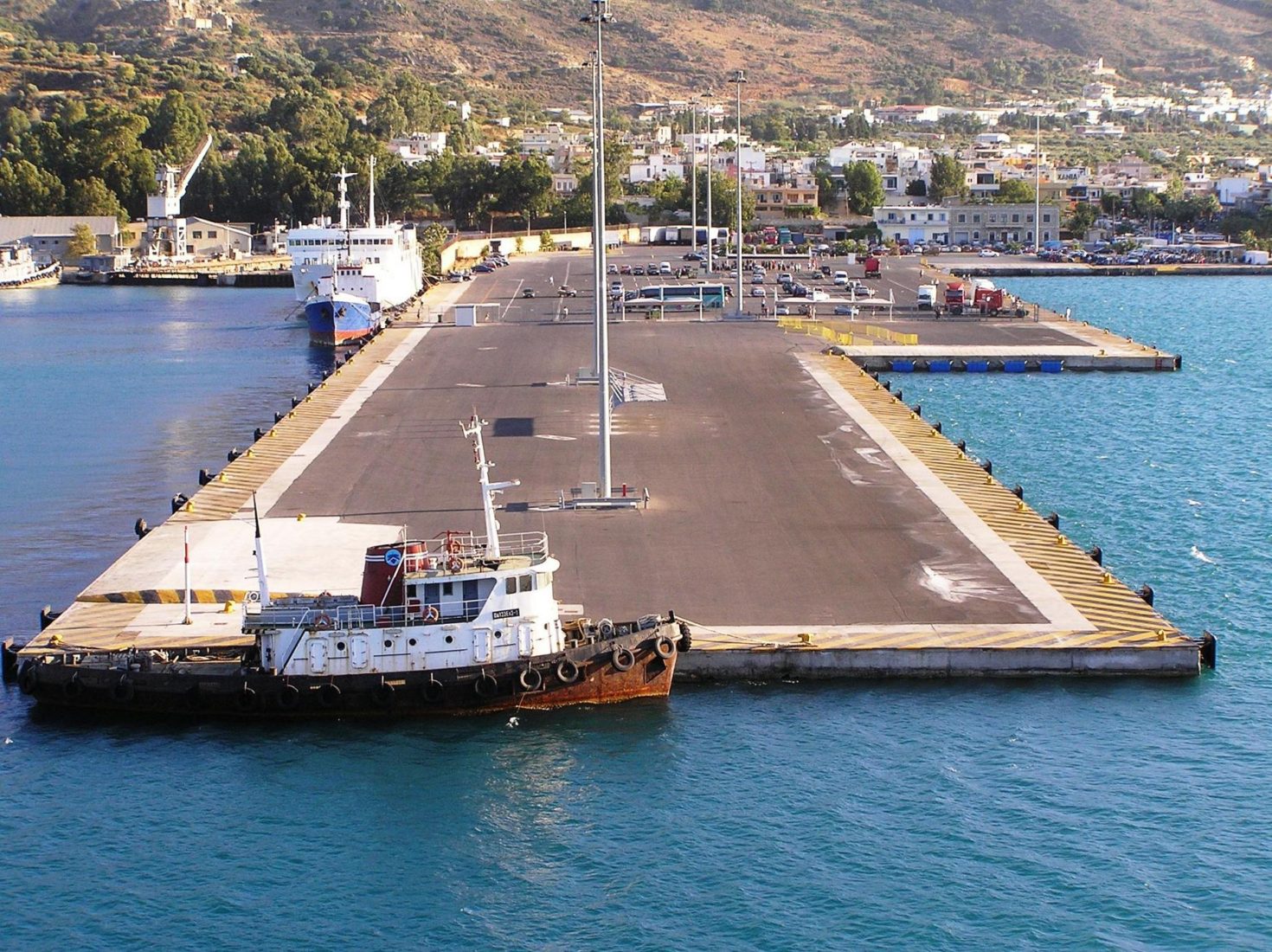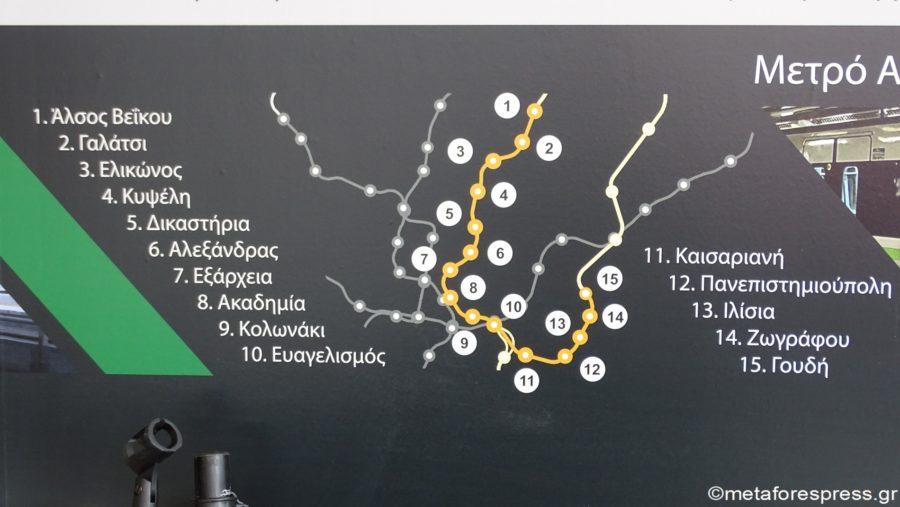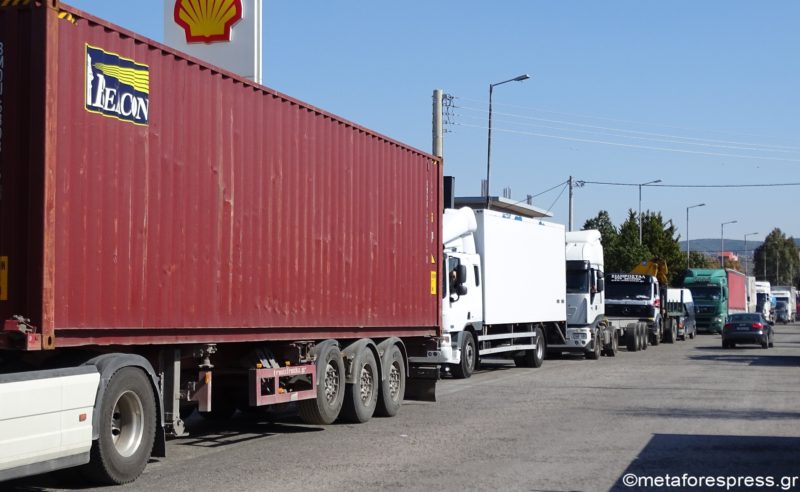The European Commission has required Belgium and France to abolish the corporate tax exemptions granted to their ports, so as to align their tax regime with EU state aid rules. Profits by port operators must be taxed under normal national corporate tax laws to avoid distortions of competition.
The Commission has also requested information from and continues to assess the functioning and taxation of ports in Member States to ensure fair competition in the EU port sector.
Commissioner Margrethe Vestager, in charge of competition policy, stated: “Ports are key infrastructure for economic growth and regional development. Recently, the Commission has introduced new rules to save Member States time and trouble when investing in ports and airports, whilst preserving competition. At the same time, the Commission decisions for Belgium and France – as previously for the Netherlands – make clear that unjustified corporate tax exemptions for ports distort the level playing field and fair competition. They must be removed.”
In Belgium, a number of sea and inland waterway ports (notably the ports of Antwerp, Bruges, Brussels, Charleroi, Ghent, Liège, Namur and Ostend, as well as along the canals in Hainaut Province and Flanders) are exempt under Belgian law from the general corporate income tax regime. These ports are subject to a different tax regime, with a different taxable base and tax rates, resulting in an overall lower level of taxation for Belgian ports as compared to other companies in Belgium.
Most French ports, notably the 11 “grands ports maritimes” (of Bordeaux, Dunkerque, La Rochelle, Le Havre, Marseille, Nantes-Saint-Nazaire and Rouen as well as Guadeloupe, Guyane, Martinique and Réunion), the Port autonome de Paris, and ports operated by chambers of industry and commerce, are fully exempt from corporate income tax under French law.
The Commission considers that the corporate tax exemptions granted to Belgian and French ports provide them with a selective advantage, in breach of EU state aid rules. In particular, the tax exemptions do not pursue a clear objective of public interest, such as the promotion of mobility or multimodal transport. The tax savings generated can be used by the port operators to fund any type of activity or to subsidise the prices charged by the ports to customers, to the detriment of competitors and fair competition.
The two Commission decisions make clear that if port operators generate profits from economic activities these should be taxed under the normal national tax laws to avoid distortions of competition.
Belgium and France now have until the end of 2017 to take the necessary steps to remove the tax exemption in order to ensure that, from 1 January 2018, all ports are subject to the same corporate taxation rules as other companies.
Since the corporate tax exemption for ports already existed before the accession of France and Belgium to the EU, these measures are considered as “existing aid” and the Commission cannot ask Belgium and France to recover the aid already granted.
BackgroundPorts in different Member States compete with each other and the Commission is committed to ensuring a level playing field in this important economic sector.
In July 2014, the Commission informed Belgium and France about its concerns regarding their regimes for the taxation of ports. In January 2016, the Commission asked Belgium and France to adapt their legislation to ensure public or private ports pay corporate tax on their economic activities in the same way as other companies. Since Belgium and France did not accept these measures, the Commission opened the formal investigation procedure in July 2016.
The Commission has requested information from and continues to assess the functioning and taxation of ports in Member States to ensure fair competition in the EU port sector. The inquiries, started by the Commission in 2013, showed that most Member States subject their ports’ economic activities to the normal corporate tax regime. In January 2016, the Commission took a decision that the corporate tax exemption granted to Dutch seaports to be state aid, and required the Netherlands to subject their ports to corporate tax as from 1 January 2017. The Commission also ensured that certain German seaports have put in place a transparent financing structure separating public remit activities from economic activities in order to prevent cross-subsidization from one to the other.
Removing unjustified tax advantages does not mean that ports can no longer receive state support. Member States have many possibilities to support ports in line with EU state aid rules, for example to achieve EU transport objectives or to put in place necessary infrastructure investment which would not have been possible without public aid. In this regard, in May 2017, the Commission simplified rules for public investment in ports. As a result of the Commission extending the General Block Exemption Regulation to non-problematic investment in ports, Member States can now invest up to €150 million in sea ports and up to €50 million in inland ports with full legal certainty and without prior verification by the Commission. The Regulation allows public authorities to, for example, cover the costs of dredging in ports and access waterways. Furthermore, EU rules enable Member States to compensate ports for the cost of undertaking public service tasks (services of general economic interest).
The non-confidential versions of these decisions will be made available under the case numbers SA.38393 (Belgian ports) and SA.38398 (French ports) in the State Aid Register on the Commission’s competition website once any confidentiality issues have been resolved.




